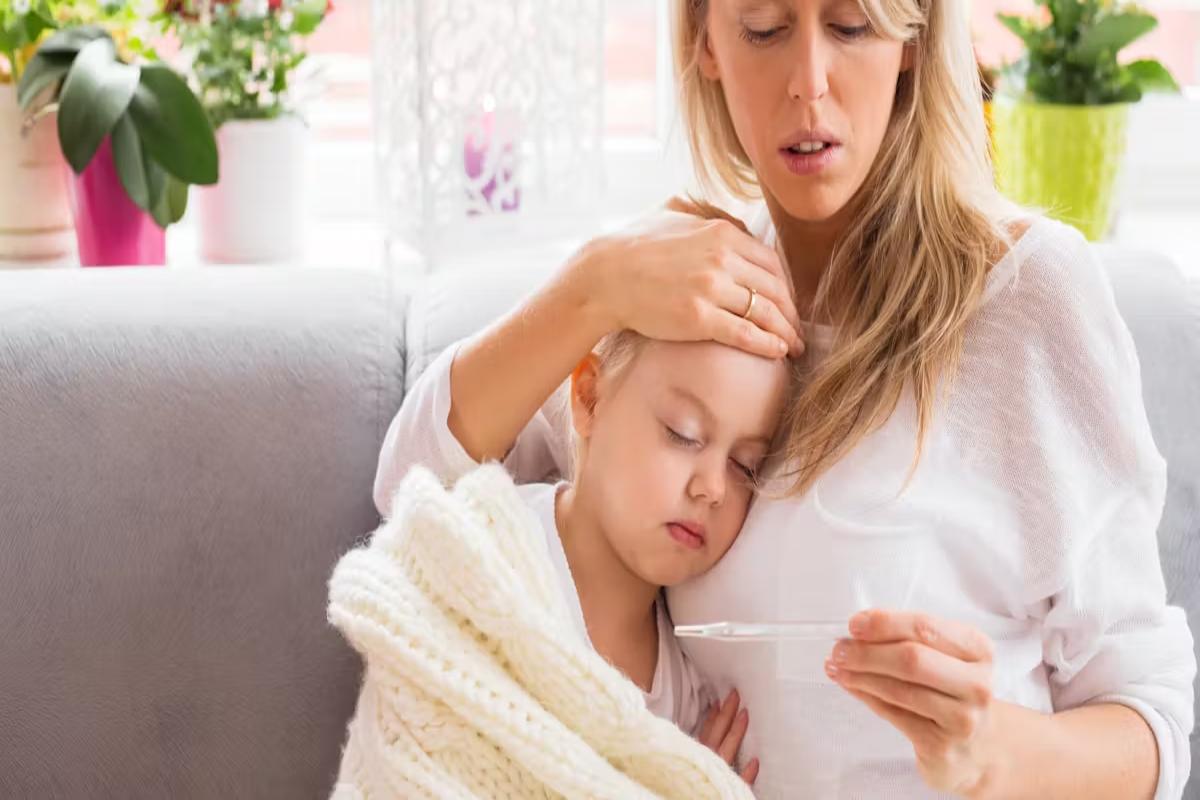Parents and foster carers in the UK strive to provide the best care for their children, ensuring their well-being and healthy development. However, childhood illnesses are an inevitable part of growing up, and navigating them can be a daunting experience. This guide aims to equip you with expert knowledge on managing some of the most common childhood ailments, empowering you to make informed decisions and foster a nurturing environment for the children in your care.
Table of Contents
Colds and Flu
While colds and flu are common viral infections, they can sometimes lead to complications, especially in younger children. It’s essential to recognise the signs and symptoms, such as fever, runny nose, cough, and body aches. Proper hydration, rest, and over-the-counter medications can alleviate discomfort. Foster carers receive a fostering allowance to help pay for any over-the-counter medication their foster child may need. However, if this medication does not work, or if your child experiences difficulty breathing, persistent high fever, or severe lethargy, seek medical attention.
Ear Infections
Ear infections are prevalent in young children due to their developing ear anatomy. Signs of an ear infection include ear pain, tugging at the ear, fever, and irritability. Prompt treatment with antibiotics, as prescribed by your healthcare provider, is crucial to prevent further complications.
Gastroenteritis
Gastroenteritis, commonly known as the stomach flu, is an inflammation of the digestive tract caused by viruses, bacteria, or parasites. Symptoms include diarrhoea, vomiting, abdominal pain, and fever. Preventing dehydration is the primary concern, so ensure your child drinks plenty of fluids and consider oral rehydration solutions if necessary. See a doctor if the symptoms persist or worsen.
Chickenpox
Chickenpox is a highly contagious viral infection characterised by an itchy, red rash that progresses to fluid-filled blisters. While generally mild, it can lead to complications in some cases. Calamine lotion and over-the-counter fever reducers can provide relief but seek medical advice if your child displays signs of severe illness or complications.
Asthma
Asthma is a chronic respiratory condition that affects many children. Symptoms include wheezing, coughing, shortness of breath, and chest tightness. Proper management involves identifying and avoiding triggers, using prescribed inhalers or medications, and monitoring for severe asthma attacks that may require emergency care.
Skin Rashes
Skin rashes in children can have various causes, including allergies, infections, or underlying conditions. Common rashes include eczema, hives, and impetigo. While some rashes are harmless, others may require medical treatment. If the rash is accompanied by fever, swelling, or severe itching, consult your healthcare provider for proper diagnosis and treatment.
Urinary Tract Infections (UTIs)
UTIs are more common in girls but can also affect boys. Symptoms may include pain or burning during urination, frequent urination, and abdominal discomfort. Prompt treatment with antibiotics is essential to prevent the infection from spreading and causing further complications.
Navigating childhood illnesses can be a challenging journey, but with the right knowledge and guidance, you can provide the best care for your children. Remember to seek professional medical advice when necessary, follow treatment plans diligently, and prioritise your child’s comfort and well-being. By fostering a nurturing environment and staying informed, you can confidently navigate these common childhood ailments, ensuring your child receives the care they need to thrive.

